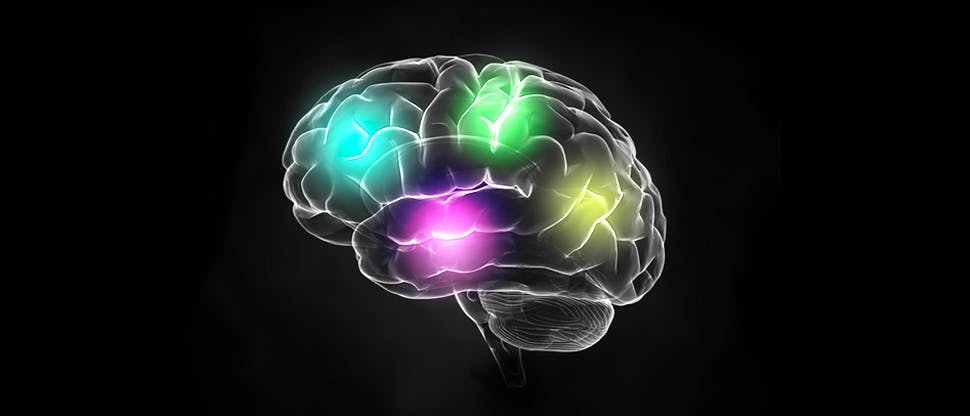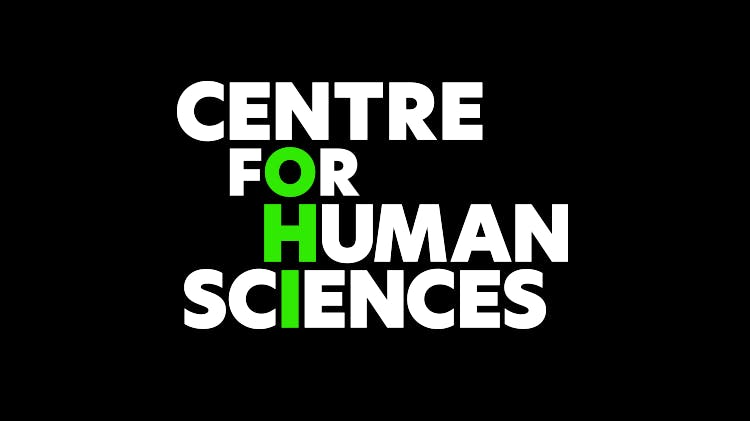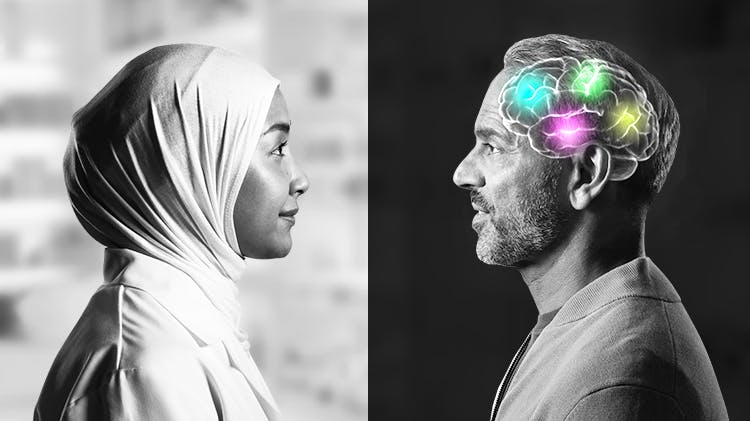Human sciences in healthcare

What are the human sciences?
Although the term ‘human sciences’ has had varying definitions over the years, it broadly encompasses fields of study that explore how people think, feel and behave.1 It is an interdisciplinary area which provides rich insight into humanity. By combining learnings from fields within the human sciences such as behavioural, psychological and social sciences, we can begin to truly understand human nature.
Harnessing human sciences can help healthcare practitioners to provide more personalised patient care.
The biopsychosocial model of health, formally endorsed by the World Health Organization since 2002, recognises the interconnection of psychological and social factors with biomedical ones and, therefore, the importance of a personal, holistic approach to patient care.2 Research from the fields of human sciences can provide us with ways in which we can more effectively implement this model. 3
As pharmacists, you already know how crucial it is to take into account the individuality of a patient, such as their background, environment and attitudinal beliefs when providing care.2 A wealth of research exists which can help us to understand these many facets of an individual’s being and their choices.3 Once we do that, we can unlock tailored solutions which effectively encourage and support lasting behaviour change vital for improving patient outcomes.3

Understanding the science of behaviour change is the first step in creating new tools which drive it.
Human behaviour is complex. From economics to climate change policy, it’s important to understand how and why humans make the decisions they do. Much healthcare is also based upon an ability to effectively optimise behaviour.
Evidence from studies in fields like psychology and behavioural science tells us that decision-making is underpinned by many factors. The current schools of thought consider decision-making from two angles; firstly, it can involve rational processing where we weigh up the options in front of us, or secondly, it can be a subconscious and instinctive process where we take context cues from our environment to automatically make choices, or a combination of the two.4
Considering this approach, there are widely varying applications and opportunities for change. A simple example of using subconscious decision-making to encourage healthier choices is when fruit is placed at the front of a food display, people are more likely to select fruit over “unhealthier” options which are out of sight.5
Whilst much work is still to be done, there are already successful interventions in healthcare that are based on learnings from within the fields of human sciences.6-8 By understanding the science behind decision-making, we can find ways to optimise patient behaviour for better, sustainable outcomes.



